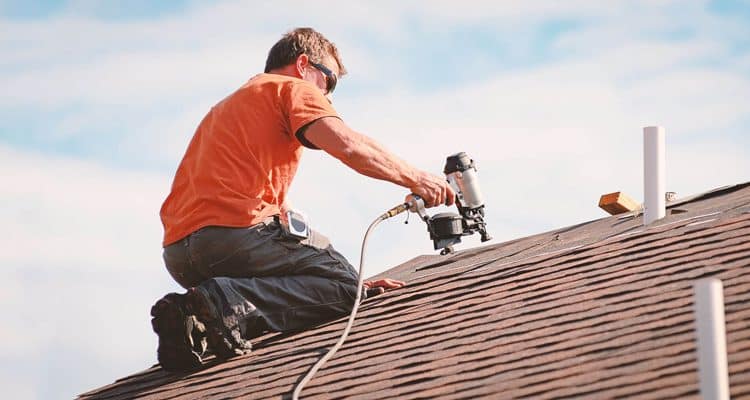Squatting is really a expression used to clarify the action of occupying an deserted or unoccupied constructing or terrain without the owner’s approval. While squatting is illegal in most countries around the world, the regulations around it can be confusing. In certain locations, squatters have proper rights that will make it a hardship on home owners to evict them. This article aims to explain the authorized standing of can you turn off utilities on a squatter and provide property owners with all the information they need to shield their house.
Squatters’ proper rights are a collection of authorized concepts that guard the privileges of folks that take a property with no owner’s authorization. The laws and regulations that describe squatters’ proper rights vary between states. In a few says, squatters are eligible to a similar legal rights as renters, during others, their privileges are more constrained. The legal rights of squatters usually depend on the length of time they are occupying the home, conditions under they will relocated in, and whether or not they made any upgrades towards the house.
Generally, squatters do not possess any privileges on the house they inhabit. The home is owned by someone else, along with the squatter is recognized as a trespasser. Nevertheless, when a squatter continues to be occupying a house for any a number of time period, they could possibly claim legitimate management using a process referred to as undesirable possession. Unfavorable ownership usually requires the squatter to get occupied the property for any set timeframe, normally between five and 2 decades, as well as to have used your property like they owned it. Unfavorable ownership regulations differ widely between suggests, and property owners should consult with a legal representative prior to going forward with any legitimate activities.
If you find that a person is squatting in your home, you just might evict them via a authorized approach. The eviction procedure can vary dependant upon the status, but it typically requires offering published notice for the squatter and undergoing a courtroom proceeding. It is important to follow the authorized rules where you live, as faltering to accomplish this could lead to criminal expenses. Additionally, some areas have stringent eviction laws which require homeowners to deliver the squatter with particular protections, for example alternative real estate options.
An additional vital thing to think about is a home owner cannot use power to evict a squatter. Violent or forceful eviction could lead to felony costs and damage to the house. Alternatively, home owners should get legal action if they need to evict a squatter. It is recommended to take into account that, according to the conditions, homeowners can be organised liable for any damage or personal injuries that appear in the eviction process.
Simply speaking:
Squatters’ privileges can be a sophisticated region of regulation that will vary dependant upon your state’s laws as well as the distinct details of the circumstance. Homeowners should know about their privileges and responsibilities when it comes to men and women squatting on the residence. To protect yourself from any legalities, it is crucial to make certain that any house you hold is secure and that you have steps into position in order to avoid anybody from occupying it without your consent. When you are dealing with a squatter in your home, it is best to speak to legal counsel to get around the legal approach and make sure that your privileges are safeguarded.



